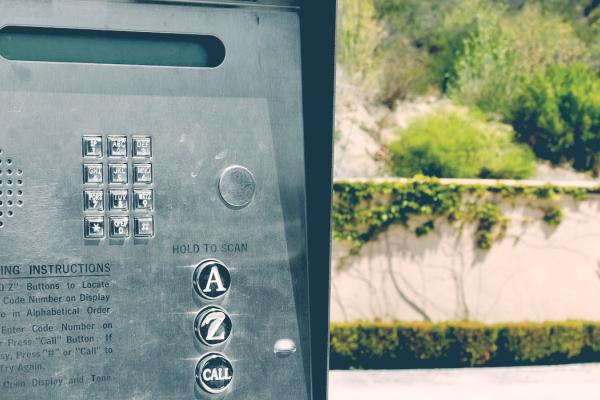Mar 24, 2016
I’m convicted that my desire to applaud this “security at any cost” rhetoric and policy is a temptation to worship the idol of safety. It is not something to be admired, it is something to be acknowledged, questioned, and repented of (turned away from). Worshiping the idol of safety greatly inhibits our ability to worship the crucified and risen Jesus.
Read the Full Article

Already a subscriber? Login
